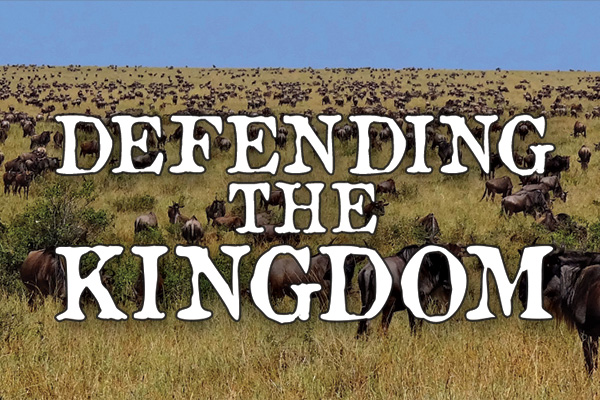Defending the kingdom | Issue 16
Helping hands home hens
The wonderful Tayla O’Driscoll is a third-year English and Philosophy student here at Otago. She’s also a strict vegan, a smoking hawt six-foot-one model, a strident feminist, and a trusted friend of mine. And while she would whack me for saying it, it’s not an overstatement to call her wonderful. Tayla took it upon herself to rescue as many of the Brougham Park hens as she could. And with extensive time, effort and expenditure, she and a team of activists managed to find homes for all 3,000 hens. This is a truly commendable achievement.
Tayla said, “When we began, my personal goal was to save a third of the hens. I told myself that I was not allowed to be disappointed if we managed that. It was a daunting task. When we got closer to saving every single one of them, my heart yearned more. Perhaps the most terrifying moment in this entire process has been just recently, when we only had a few hundred left to save. I didn’t want anyone to be left behind.”
With help from SAFE (Saving Animals From Exploitation), NZAVS (New Zealand Anti-Vivisection Society), HUHANZ (Helping You Help Animals), Farmwatch, and social networking sites, Tayla found hundreds of people who were willing to give homes to “the girls.” A team consisting of members of these charities took the last 200–300 hens and delivered them to new homes all over the South Island. Other individuals whom Tayla insisted I honour are Jordan Wyatt and Jenny Stone, who coordinated the Invercargill rescues. They saved a massive 465 hens, and even took some themselves.
Those of you who read my article “Finding Fundamental Fault in Factory Farmed Foods” may remember my account of how battery hens are kept. You will hence be unsurprised that some of the Brougham Park hens have died. Some of them are very ill due to years of mistreatment, and likely to die soon. This is the inevitable consequence of high-intensity farming.
While the experience was very emotional for everyone involved, Tayla considers that “at least [the hens] had the chance to taste freedom, to experience love and compassion.” It is now uncontested evidence that chickens dream. So do most other birds, as do dogs, cats, pigs, and many rodents. Tayla believes that caged hens dream of freedom.
She reminds us that “everyone is capable of making a positive difference. One less farm in New Zealand is a success, but there are still so many more. Start by rescuing animals every day by not consuming their flesh or by-products.”






